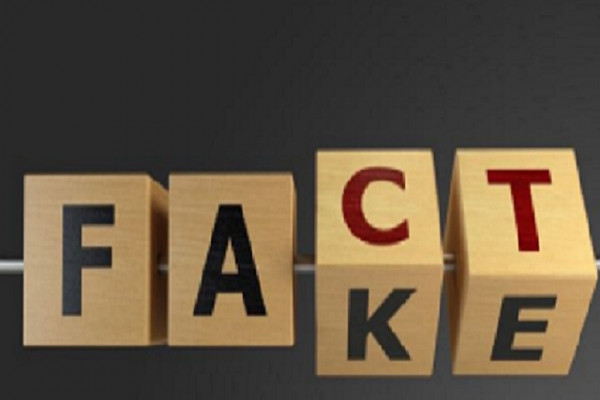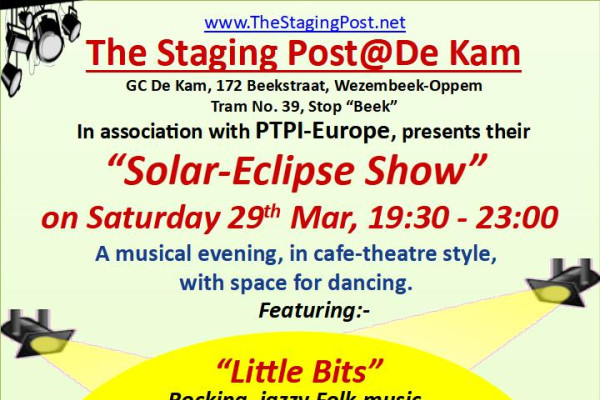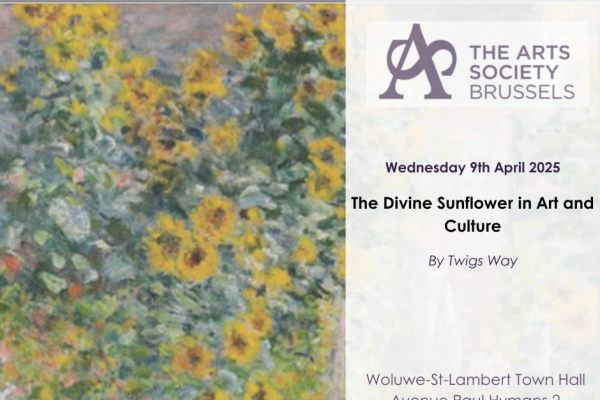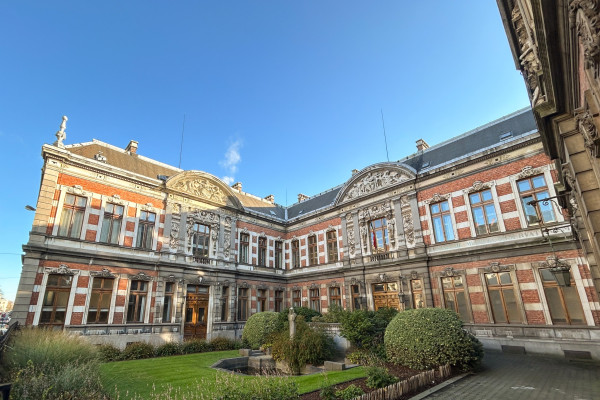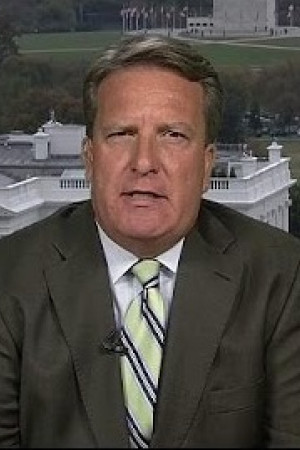
Fake news is nothing new. But bogus stories can reach more people more quickly today. Pre-internet, people tended to receive their news from trusted media sources whose journalists were required to follow strict codes of practice.
The internet enabled new ways to publish, share and consume news and information, with relatively little regulation or editorial standards. Many people now consume news from social media and other online sources – but it’s not always easy to determine which stories are credible and which are false. Concern about the phenomenon led Facebook and Google to announce that they’ll crack down on fake news sites, restricting their ability to garner ad revenue.
Not all of the misinformation being passed along online is complete fiction, though some of it is. Websites like Snopes.com have been exposing false viral claims since the mid 1990s, whether that’s fabricated messages, distortions London containing bits of truth and everything in between. Fake stories — as in, completely made-up “news” — have grown more sophisticated, often presented on a site designed to look (sort of) like a legitimate news organization. Yet, there are ways to figure out what’s real and what’s imaginary, if you’re armed with some critical thinking and fact-checking tools of the news industry. This will be our topic.
With over 30 years of journalistic experience, Dr. Stefan Grobe is one of Euronews' most familiar faces. Based in Brussels, he is host of State of the Union, a weekly roundup of European affairs. He also regularly anchors the flagship evening programme Euronews Tonight.
From 2012 to 2017, he was Euronews' Washington correspondent, having covered two presidential election and primary campaigns. Stefan has routinely covered the White House and Congress, as well as the Washington-based international institutions such as the IMF and the World Bank. During his years at Euronews headquarters in Lyon, France, Stefan has served as Head of Business desk, Head of German-speaking Service, and host of the Business Weekly show. He has covered numerous top international events, including the United Nations General Assembly, the World Economic Forum in Davos as well as G20 and G8 meetings. Prior to Euronews, Stefan has worked for major news organizations, including Agence France-Presse, Germany's dpa and Berlin-based newspaper Die Welt.
German-born, Stefan studied in Bonn, Hamburg and Paris and holds a PhD in American History on the presidency of Dwight D. Eisenhower.
